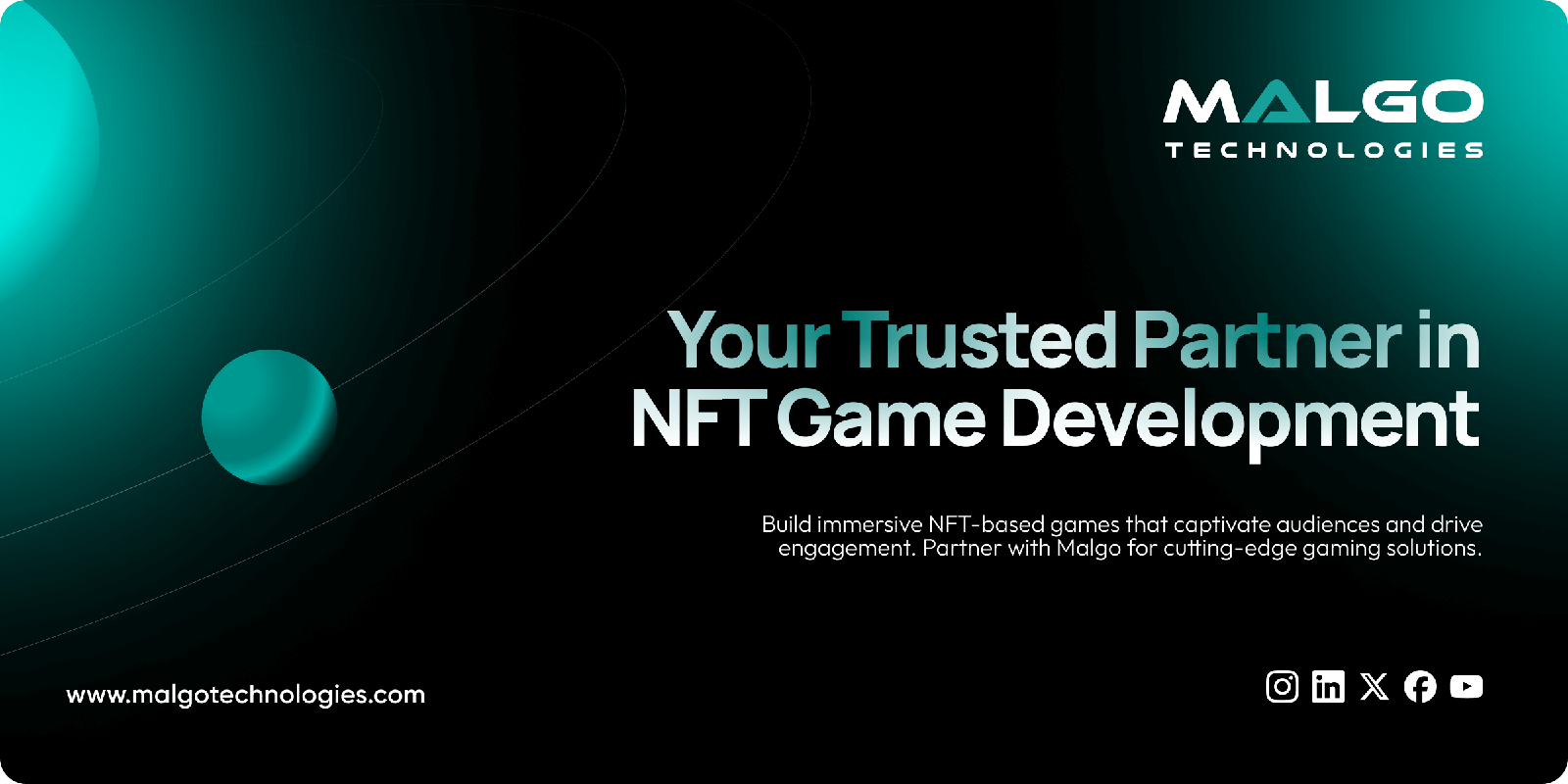
An NFT game development company specializes in creating video games where digital assets, like characters, items, or virtual land, are represented by Non-Fungible Tokens (NFTs) on a blockchain, giving players verifiable ownership.
Key Features of an NFT Game Development Company
An NFT game development company brings together specialized skills to build Web3 gaming experiences. These companies are equipped to handle the unique technical and creative demands of blockchain-based games.
Blockchain Integration
A primary feature is the ability to integrate games with various blockchain platforms such as Ethereum, Polygon, Binance Smart Chain, or Solana. This ensures that in-game assets can be minted, owned, and traded as NFTs, providing transparent and secure transactions. Expertise in different blockchain networks is important for scalability and gas fee optimization.
Smart Contract Development
Smart contracts are the backbone of NFT games, automating rules for asset ownership, transfers, and game logic. A development company creates and audits these contracts to ensure security and prevent manipulation, which is critical for maintaining trust in the game's economy.
NFT Design and Creation
Companies offer services for designing and creating unique digital assets that will become NFTs. This includes 2D and 3D art for characters, weapons, collectibles, and environments. The visual appeal and perceived rarity of these assets are vital for player engagement and market value.
In-Game Marketplace Development
Many NFT games include an integrated marketplace where players can buy, sell, and trade their digital assets. An NFT game development company builds these marketplaces, ensuring they are user-friendly, secure, and support various cryptocurrency transactions for seamless trading of NFTs.
Wallet Integration
For players to interact with the game's blockchain elements, secure crypto wallet integration is necessary. Development companies facilitate connections with popular wallets like MetaMask, enabling players to manage their NFT game assets and conduct transactions directly within or alongside the game.
Play-to-Earn (P2E) Mechanics
Designing and implementing P2E models is a core feature. This involves creating systems where players can earn cryptocurrency or NFTs through gameplay, participation, or contributions to the game's ecosystem. These models incentivize player engagement and create new economic opportunities for players.
Game Concept and Design
Beyond the blockchain aspects, these companies also offer traditional game development services. This includes conceptualizing game mechanics, storyline development, user interface (UI) and user experience (UX) design, and overall game balance to ensure an enjoyable and sticky experience.
Security and Testing
Given the financial value of NFTs, security is paramount. Development companies conduct rigorous testing and smart contract audits to identify and fix vulnerabilities, protecting both player assets and the game's integrity. Quality assurance throughout the development lifecycle is essential.
Post-Launch Support and Updates
After the game launch, ongoing support, maintenance, and regular updates are important. This includes bug fixes, security patches, new feature additions, and community management to sustain player interest and adapt to the evolving Web3 gaming market.
Benefits of Working with an NFT Game Development Company
Collaborating with a specialized NFT game development company offers several advantages for game creators and businesses entering the Web3 space.
Specialized Expertise
These companies possess a deep understanding of blockchain technology, cryptocurrency, and game development. Their teams often consist of blockchain developers, smart contract auditors, game designers, and digital artists who are skilled in creating immersive and secure Web3 gaming experiences. This specialized knowledge is hard to find in general game development studios.
True Digital Ownership for Players
One of the most significant benefits is enabling true digital asset ownership for players. Unlike traditional games where assets are centrally controlled, NFTs allow players to genuinely own, trade, and sell their in-game items on open markets, fostering a more engaging and valuable gaming experience.
New Monetization Opportunities
NFT games open up diverse revenue streams beyond traditional game sales or in-game purchases. Developers can earn from initial NFT sales, royalties on secondary market transactions, staking fees, and other decentralized finance (DeFi) integrations. This creates a sustainable economic model for the game and its creators.
Enhanced Player Engagement and Community Building
The ownership aspect and potential for earning real value significantly increase player engagement. Players become more invested in the game's ecosystem when their time and effort can translate into tangible digital assets. This also fosters strong, active communities around the game and its unique digital collectibles.
Transparency and Security
Blockchain technology provides inherent transparency and security. All transactions and asset ownership records are immutable and publicly verifiable, reducing fraud and building trust within the player community. NFT game development services prioritize these security measures.
Interoperability Potential
NFTs can be designed to be interoperable, meaning they could potentially be used across different games or metaverse platforms. This extends the utility and value of in-game assets, offering players more ways to engage with their digital possessions outside the confines of a single game.
To explore how these benefits can apply to a specific game idea, considering a consultation with blockchain game development experts can provide clearer insights.
Considerations for NFT Game Development
While specific costs are not discussed, it is helpful to consider general factors that influence development when planning for an NFT game. The scope and complexity of the game are significant. A simpler game with basic NFT functionality will require less development effort than a complex, graphically rich game with advanced tokenomics and social features.
The choice of blockchain platform affects technical requirements and potential network fees for transactions. Different blockchains have varying transaction speeds and fee structures, which influence the game’s operational costs and user experience. The level of customization for game assets and smart contracts also plays a role; highly unique or intricate designs generally require more time and resources.
Additional elements, such as developing a dedicated in-game NFT marketplace, integrating multiple cryptocurrency wallets, or building extensive play-to-earn mechanisms, contribute to the overall development effort. Ongoing support, including server maintenance, security audits, and content updates, are also part of the long-term planning for an NFT game.

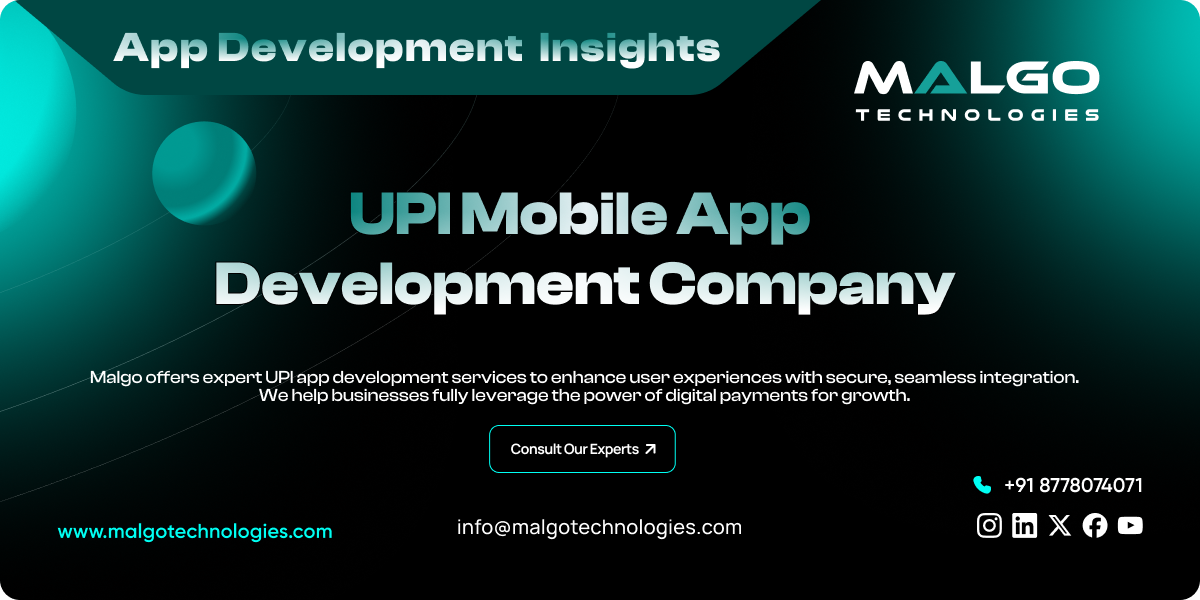
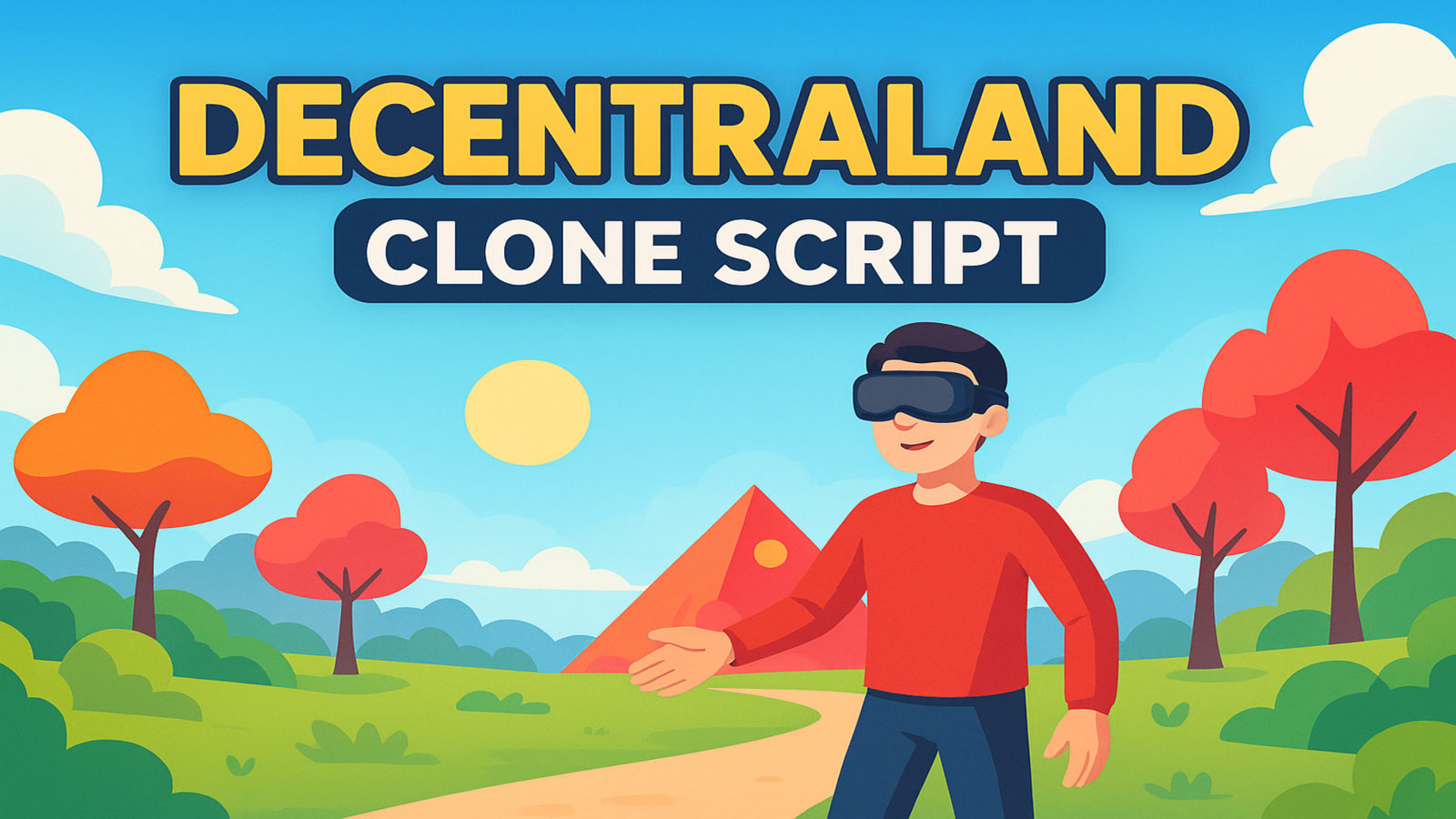
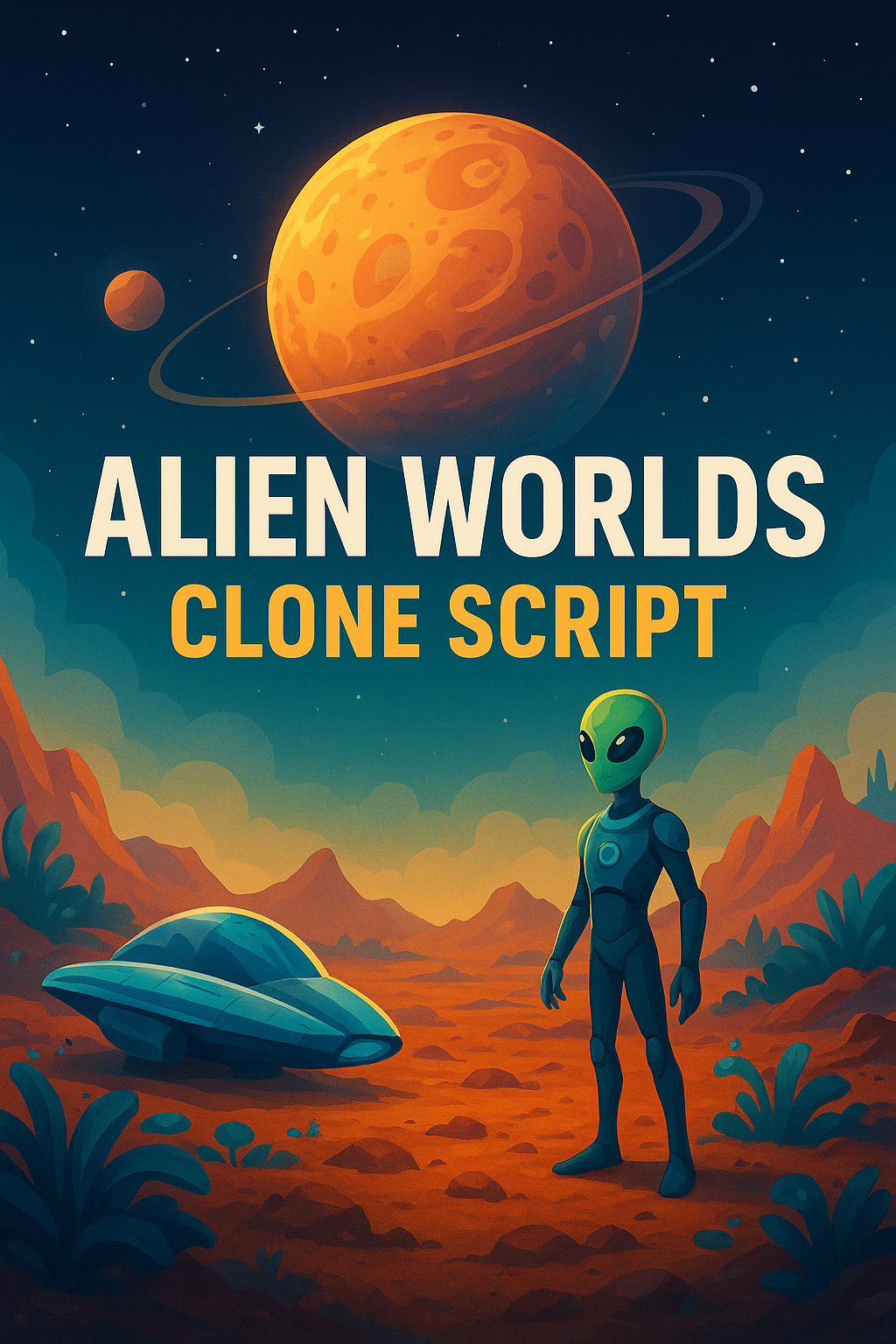
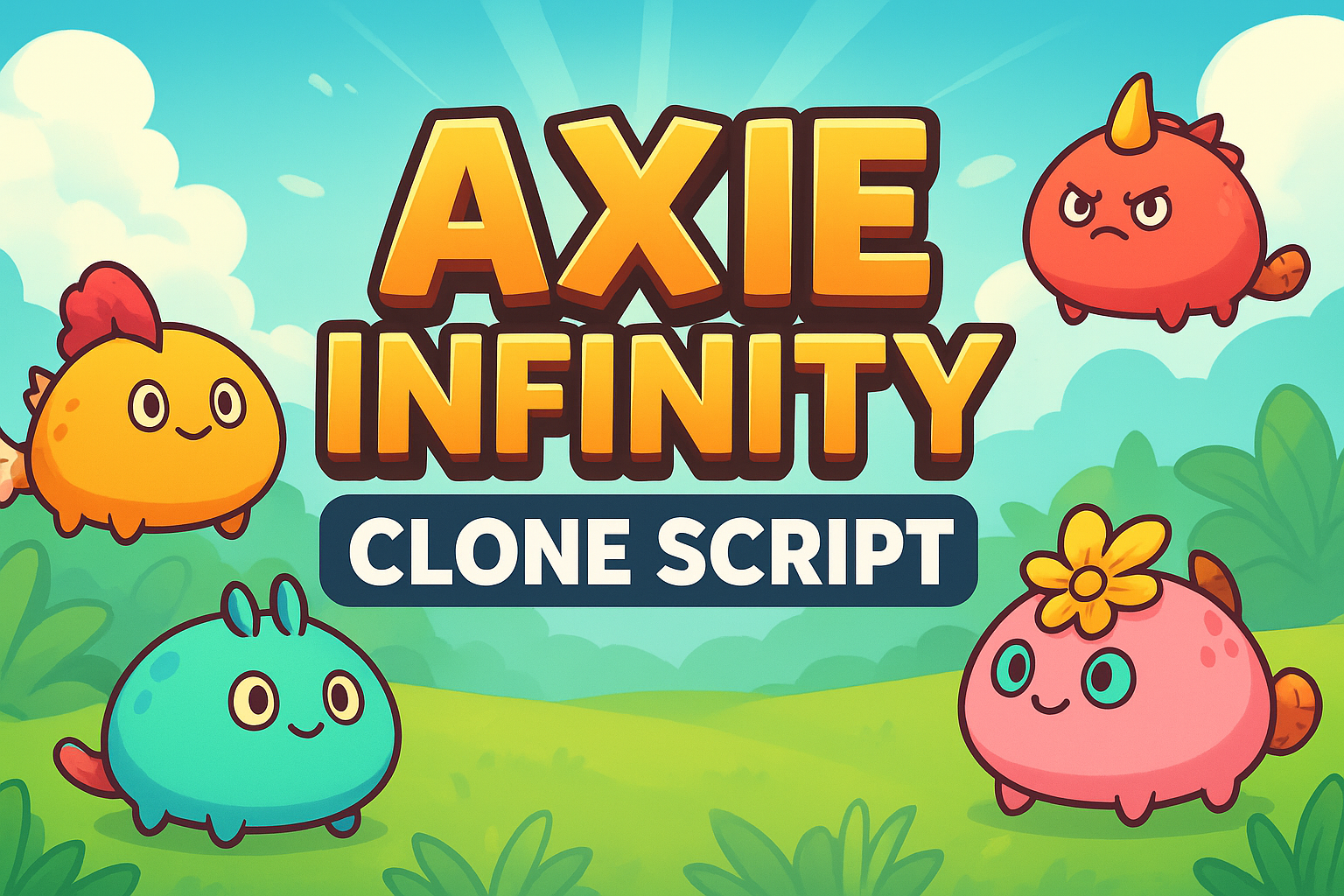
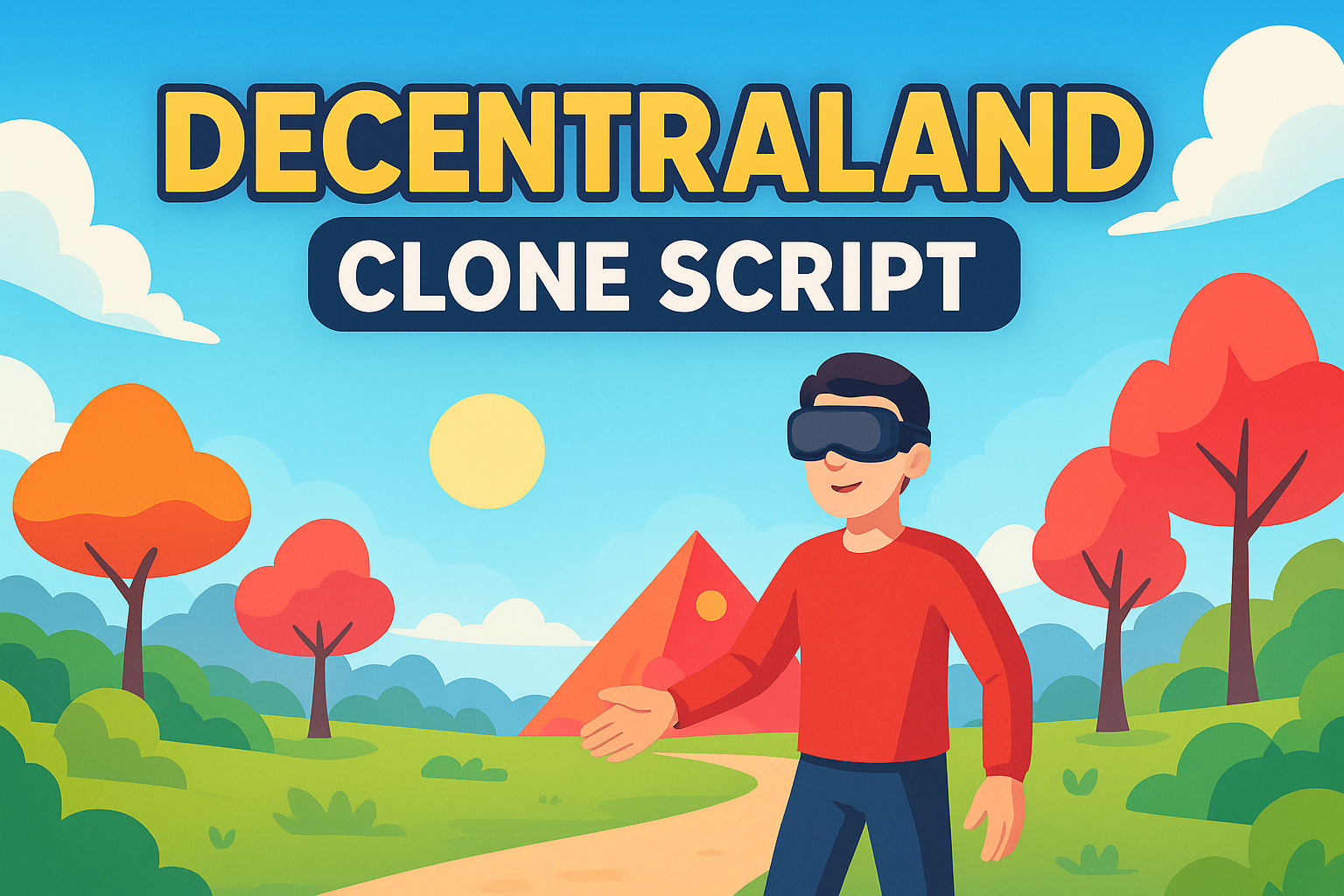

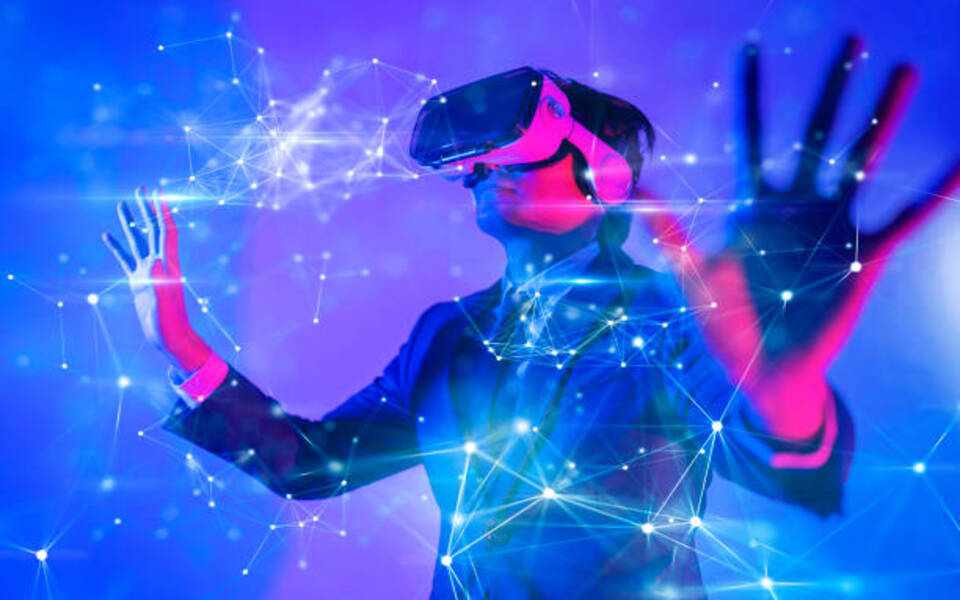
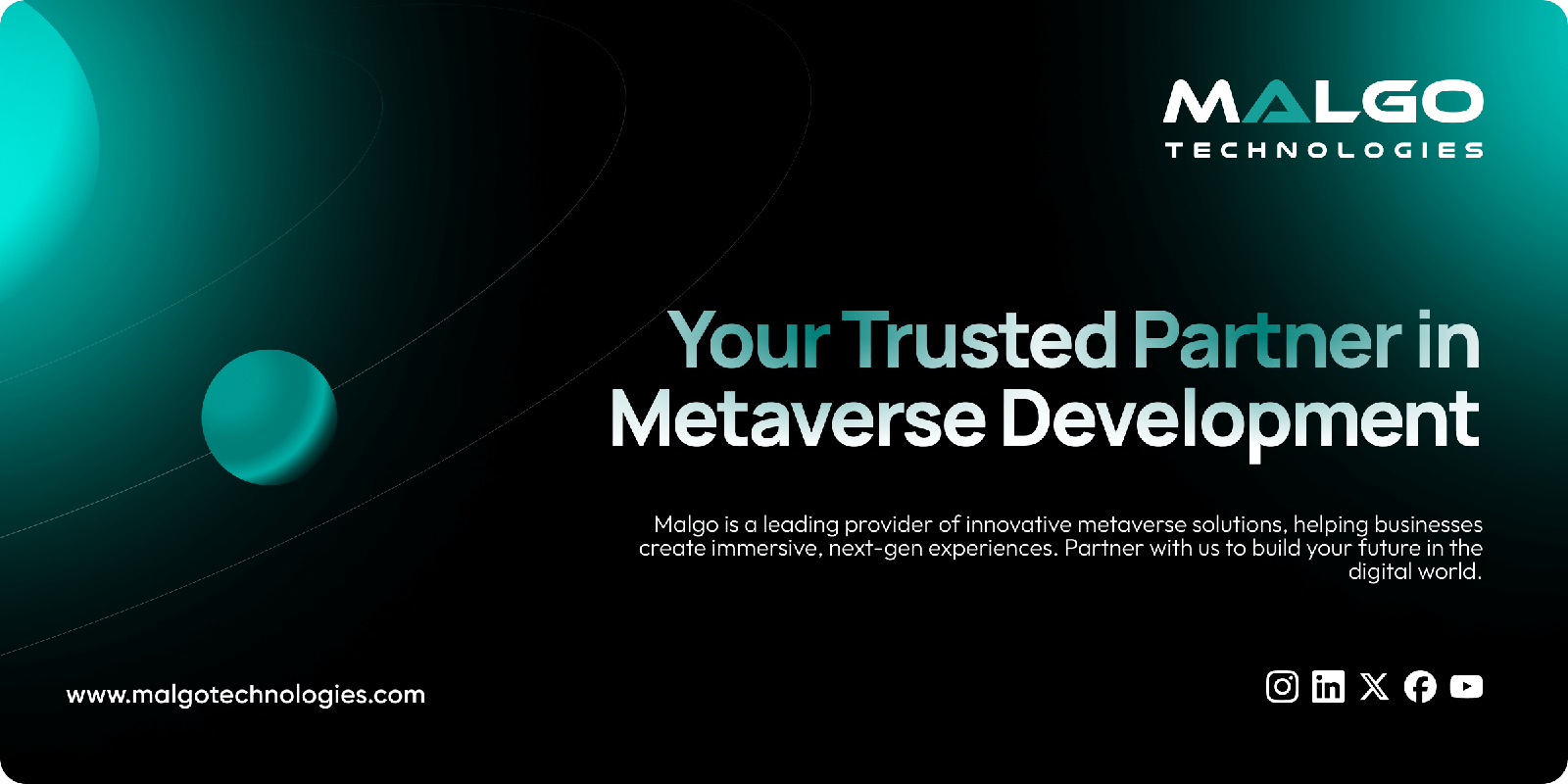
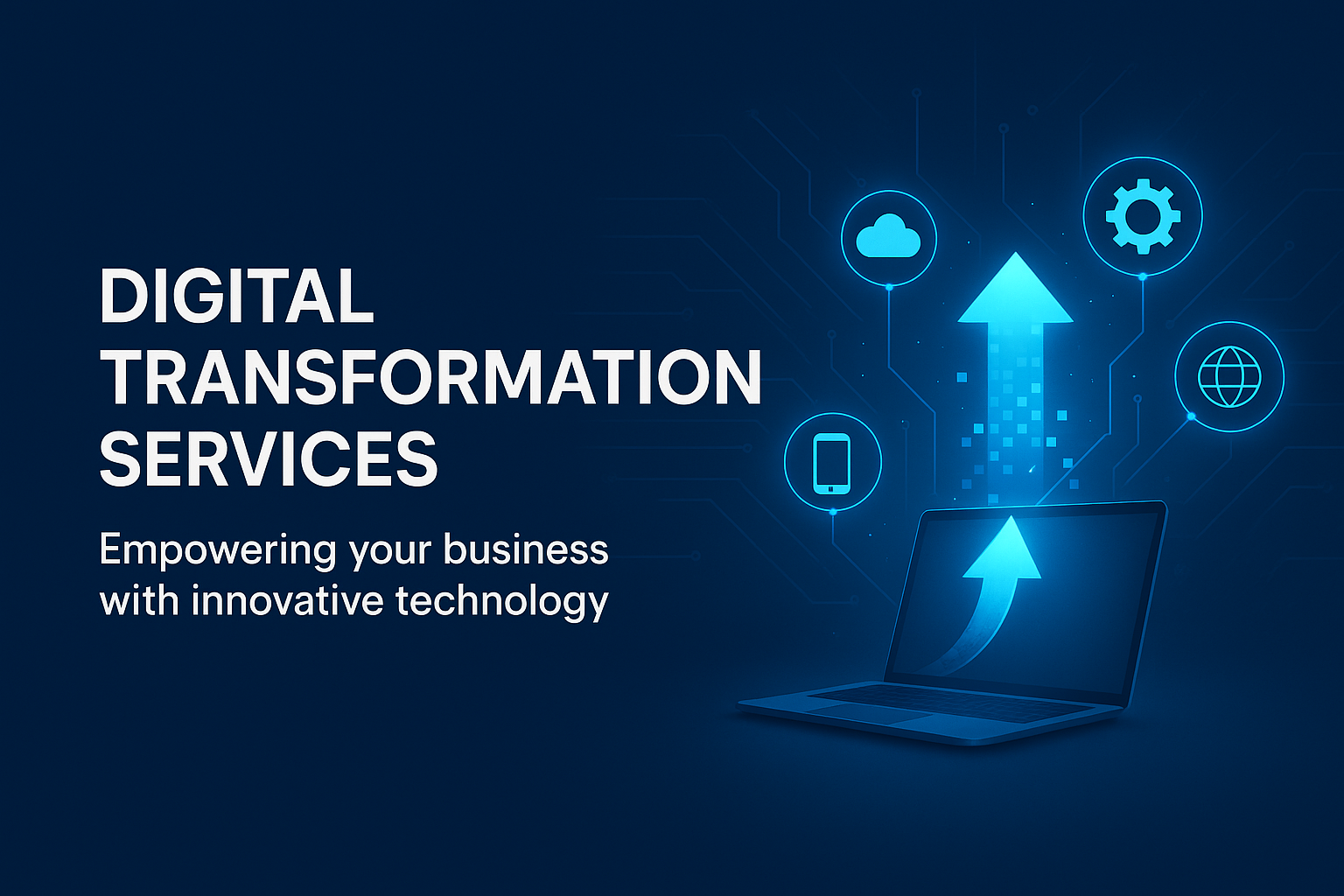
Write a comment ...